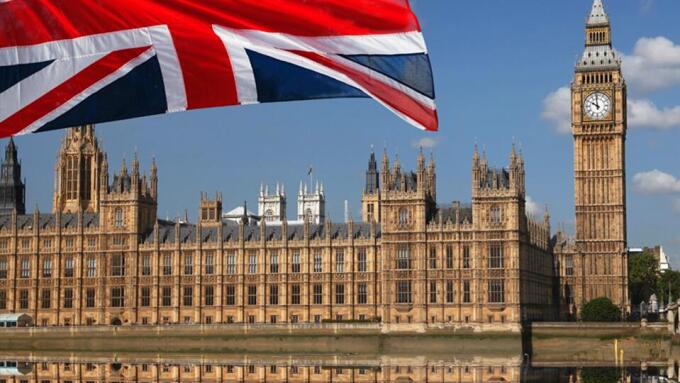LONDON — The British Board of Film Classification (BBFC) this week started its public consultation on U.K.’s upcoming age-verification system for adult content.
The consultation, which closes April 23, seeks guidance on age-verification arrangements, including consideration of enforcement action, and on notification efforts for “ancillary service providers.”
Later this year, sites that fail to comply with the new age-verification regs when they go into effect could find themselves being blocked by ISPs and business being curtailed by “ancillary service providers.”
The draft rules, published this week by the BBFC, the newly appointed age verification regulator, pass all responsibility for regulating privacy and security of the services to the Information Commissioner’s Office. But the draft rules didn’t clearly spell out ICO’s rules.
In its draft guidance, the BBFC, for the first time, elaborated on the definition of “ancillary service providers,” but said it was not exhaustive list due to future methods and technologies.
According to the BBFC, ancillary service providers could be notified by the BBFC if their clients don’t comply with AV rules. Those affected providers could include:
- Online platforms, including social media, on which a noncompliant person has a presence;
- Search engines which facilitate access to noncompliant services;
- Providers of IT services to a noncompliant person;
- Third parties who provide advertising space to the noncompliant person;
- Third parties who provide advertising space on a website, app or other service belonging to a noncomplaint person; and,
- Third parties advertising on or via any internet site operated by the noncompliant person or via any other means of accessing the internet operated by the noncompliant person.
Age checks were to go into effect in April, but the implementation of the law has been delayed until the end of the year, perhaps the fall, because of questions regarding the lack of privacy safeguards and the risk of other unintended consequences. The new regulations were brought into action after passage of the Digital Economy Act of 2017.
More information on the consultation can be found here. Interested parties can email answers to questions and offer comments until April 23, when the consultation window closes.
The BBFC plans on considering and publishing all responses before submitting final versions of the guidance to the Secretary of State for approval. At that point, the Secretary of State will be required to lay the guidance in Parliament for formal approval.
“We support the government’s decision to allow a period of up to three months after the guidance is formally approved before the law comes into force, in order to give industry sufficient time to comply with the legislation,” the BBFC said.






